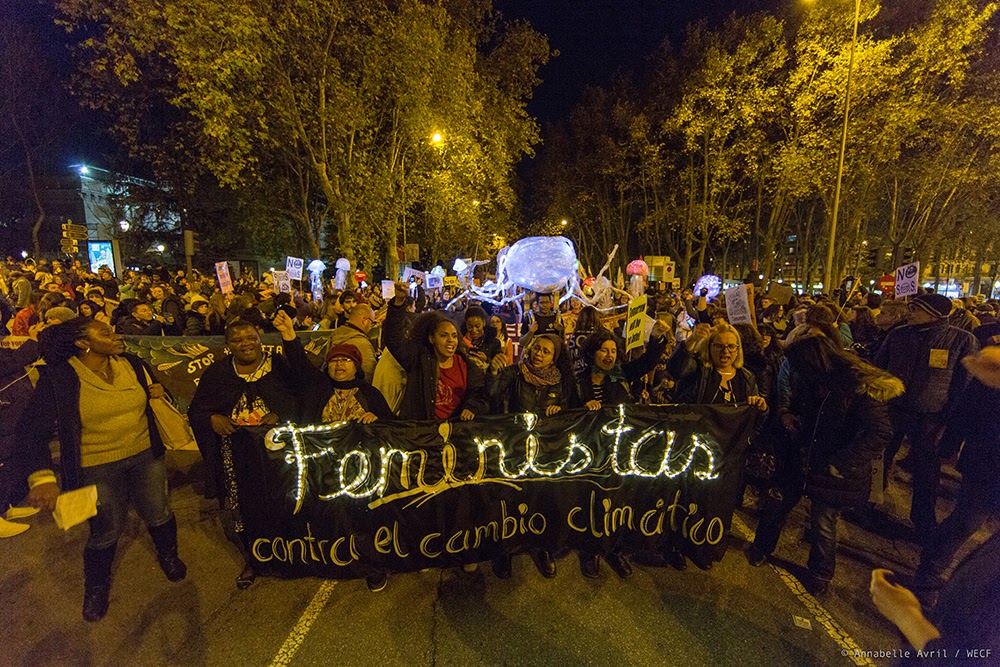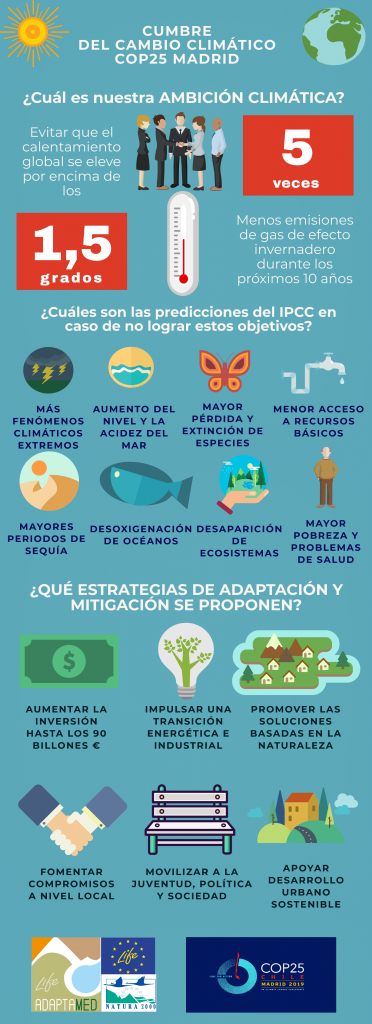This post is also available in: Spanish
It’s easier to hit a bird aiming well at it than aiming at the flock (try not to be offended yet, it’s only a metaphor). Some causes are so wide and vague in purpose that somehow become a big bag on which, depending on our interests, we throw whatever suits us the most. Then we adopt all those labels as a whole and we use that to define ourselves and the others. And it occurs to me (others might disagree) that maybe this mix and match is getting a bit out of hand.
Some examples that come to mind are the grafted branches of the “environmentalism”, such as animal welfare, activism, feminism or the political left-wing. I would argue that all of these forced connections deserve at least a thought, but I’d try to be consistent and focus on one: the so-called ecofeminism.
I made this choice after reading many well-reasoned opinions that are different from my own, so this is likely more controversial -or less clear- than other options. It is also related to the last UN Climate Change Conference (COP25), on which the feminist challenge was quite present.

First of all, I would like to make clear that I do understand that environmentalism (which, according to the dictionary means “advocacy for or work toward protecting the natural environment from destruction or pollution” and not “group of tree huggers that want us to go back to the stone age”) is not independent of feminism: the more people are aware of the problem, have the education and the freedom to act, the easier it would be to reach a sustainable economy, reduce of the wealth gap or control population growth, among other issues. Besides, the UN Sustainable Development Goals 2030 is a multidirectional plan that includes ecology, economy, education, and feminism, and that’s the direction we should agree to follow.

However, I believe that to make a complex plan work it has to be split into well-defined and attainable sub-goals, more so when it relies on a consensus of nations as culturally different as those forming the UN. And that’s why I have mixed feelings when I read headlines such as “Advances for gender equality at COP25”: On the one hand, as a feminist western woman, I’m glad that we’re globally heading towards equality; but on the other, I’m under the impression that climate-wise COP25 was a bit of a disappointment, and that makes me wonder whether the lack of focus is to blame (at least partially) for that.
I presume that equality is not the only nor the most important side-factor affecting climate change. There’s the wealth gap too, or that broader goal of reaching a fair and sustainable global system. The thing is, if one of the goals acts as a limiting factor, maybe we should prioritize or look for alternatives. Both feminism and environmentalism are terms somehow vague for many, and unfortunately still irk some people and cultures. That’s the reason why I’m under the impression that those that would reject only one of the parts if presented separately are likely to reject both if put together. In that sense, it might be a good idea to review the strategy.

 Aragonese
Aragonese English
English Spanish
Spanish